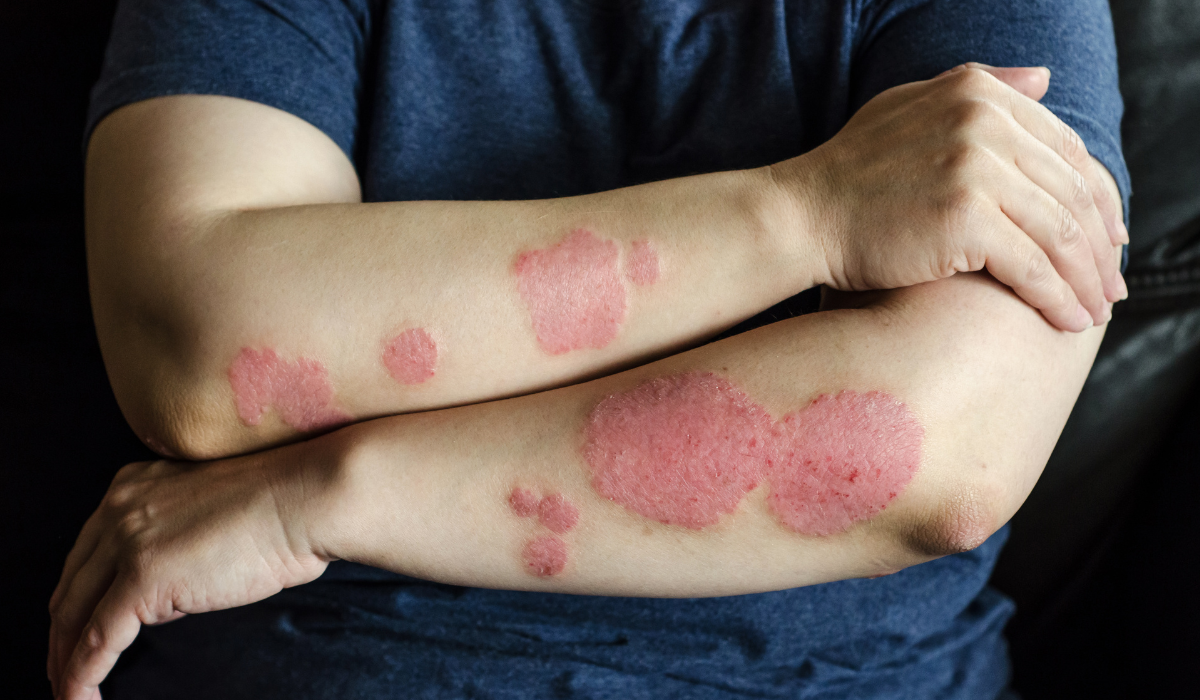4 Most Common Causes Of Dermatitis
Atopic dermatitis, also known as eczema, is an inflammatory skin disease that can affect people of all ages including babies. The most common causes of dermatitis are studies, approximately 10 percent of young children around the world are prone to eczema. There is no single cause of atopic dermatitis eczema, but usually, a mix of factors determines the onset of symptoms. The most common causes of dermatitis are:

# 1- Heredity
One common reason why a baby or a person develops eczema flare-up is heredity, meaning it runs with the blood. If the parents or any relative has experienced eczema before, or perhaps there is someone in the family that has allergies, most likely it will manifest up early in a baby’s life.
# 2- Imbalance of immune system
One of the primary causes of dermatitis is an immune system imbalance. Once the body’s immune system malfunctions, the body will likely undertake several changes such as the development of irritated and inflamed skin.

If this happens, it is advised that parents should bring their child to the doctor to know the necessary things they have to do to fix the root cause of their baby’s irritated and dry skin. It is reported that breastfeeding and administration of probiotics to pregnant mothers generate positive results in strengthening the immune system and limiting the eczema onset in babies.
# 3- Allergies
Children with known allergies to the most common allergens: dairy, wheat, egg, or peanuts have a higher risk of developing eczema. Also, developing eczema before the age of 6 months was associated with a higher risk for food allergies. To avoid the onset or aggravation of eczema in babies, delayed introduction of solids is recommended beginning after the age of 6 months.
# 4- Irritants
Atopic skin becomes dry because it is abnormally porous. Harsh soaps, lotions, oils, and creams can irritate and dry out babies’ hyper-sensitive skin. Detergent residues on sheets or clothes may trigger atopic skin inflammation. Sometimes direct contact with certain materials like rubber or fabrics like wool may trigger eczema. Another aggravating factor is the exposure to harsh, windy, and humid weather, while mild sun is said to improve the condition.
The best strategy for keeping eczema under control is to maintain an intact skin barrier through topical anti-inflammatory and moisturizing creams and to avoid common eczema trigger factors through lifestyle changes. This condition requires daily skin management for optimum hydration and a special life regime to avoid its recurrence.







